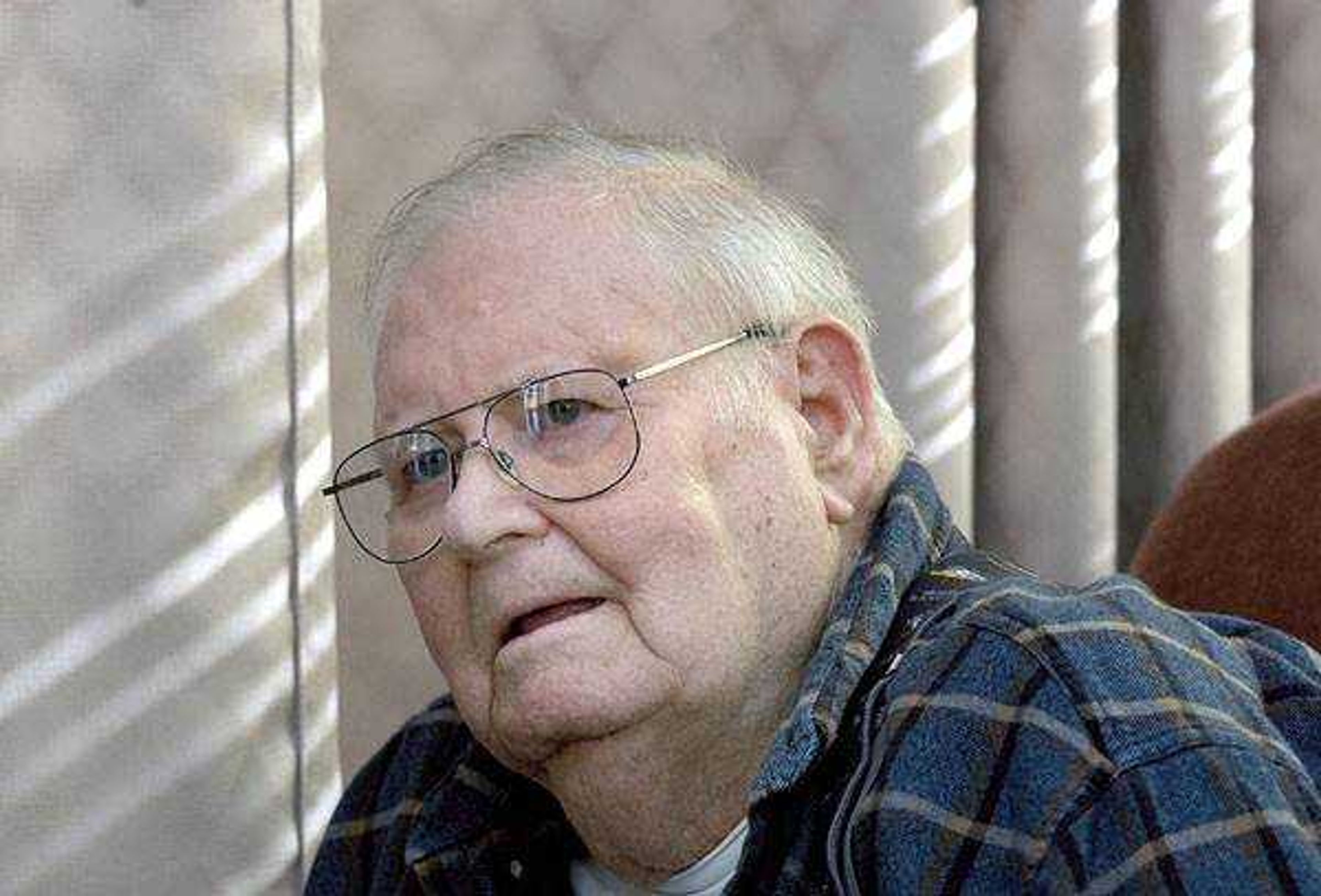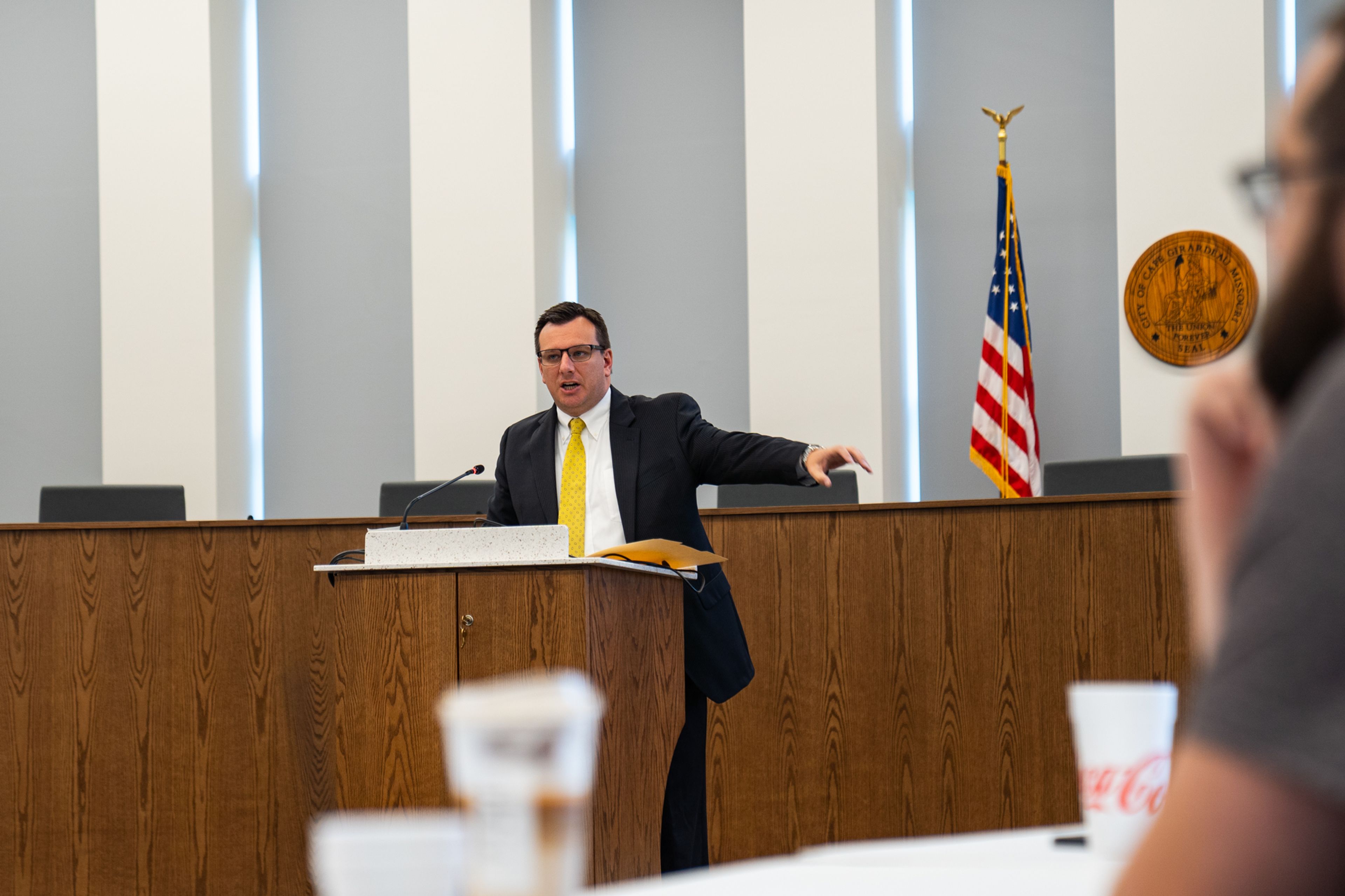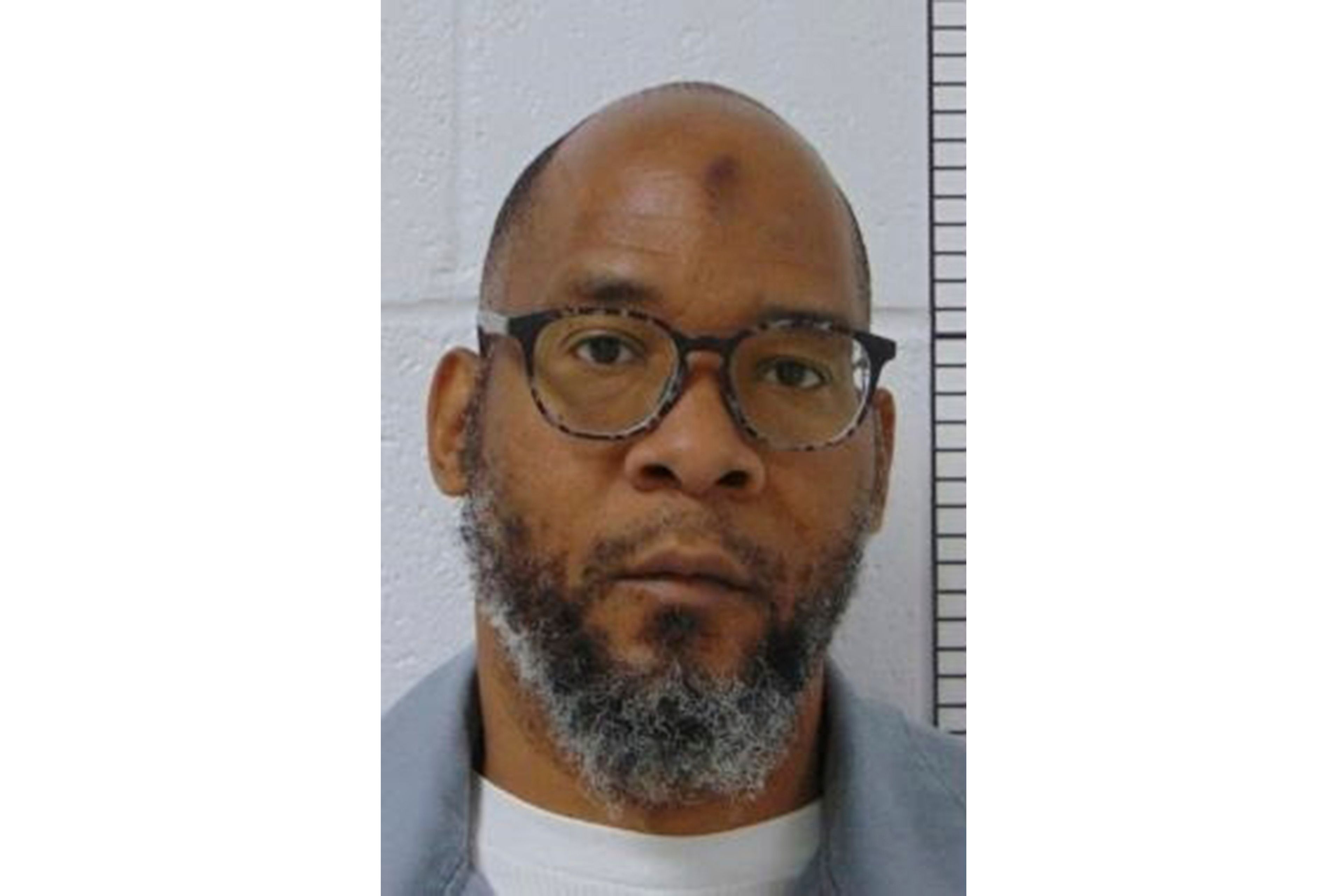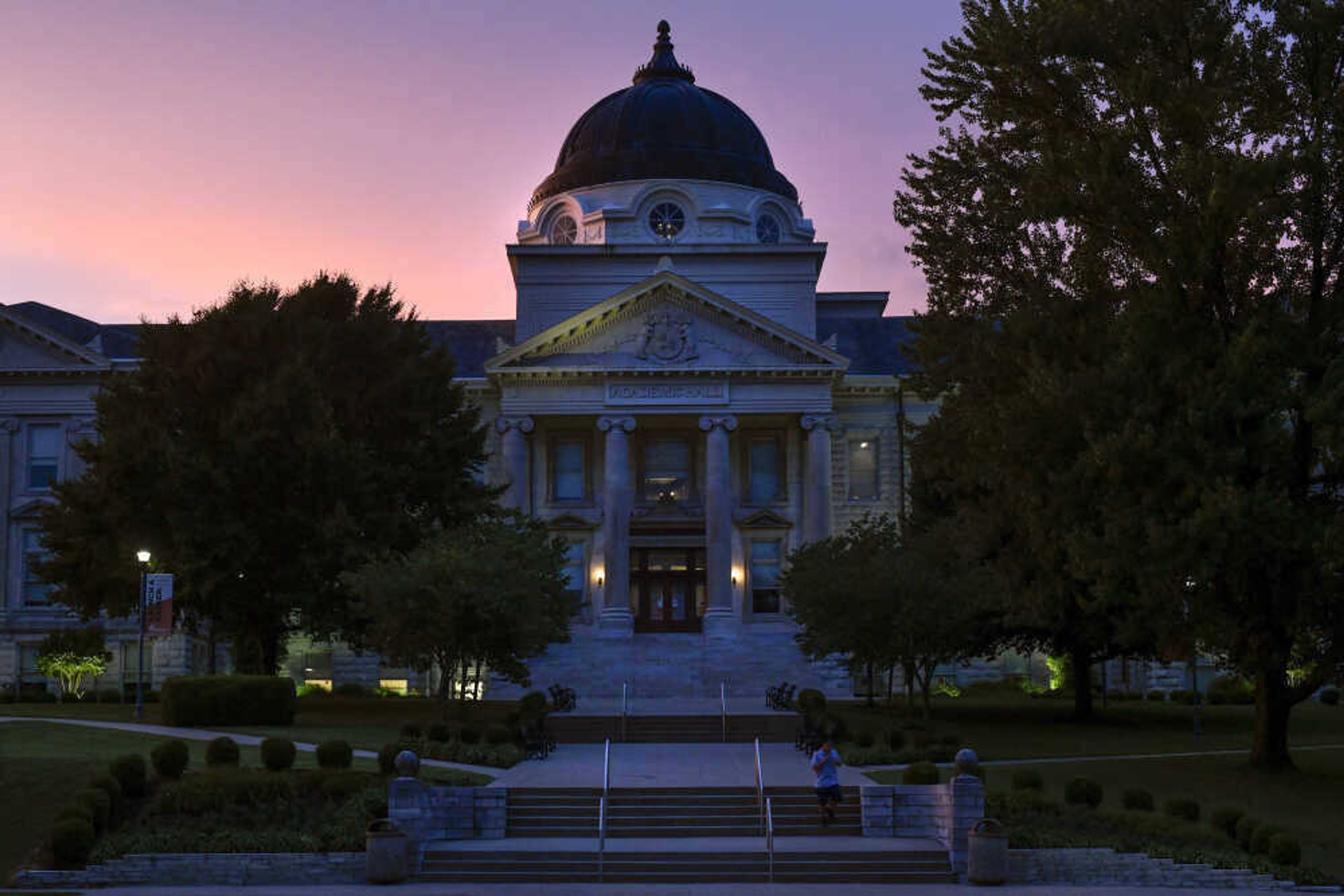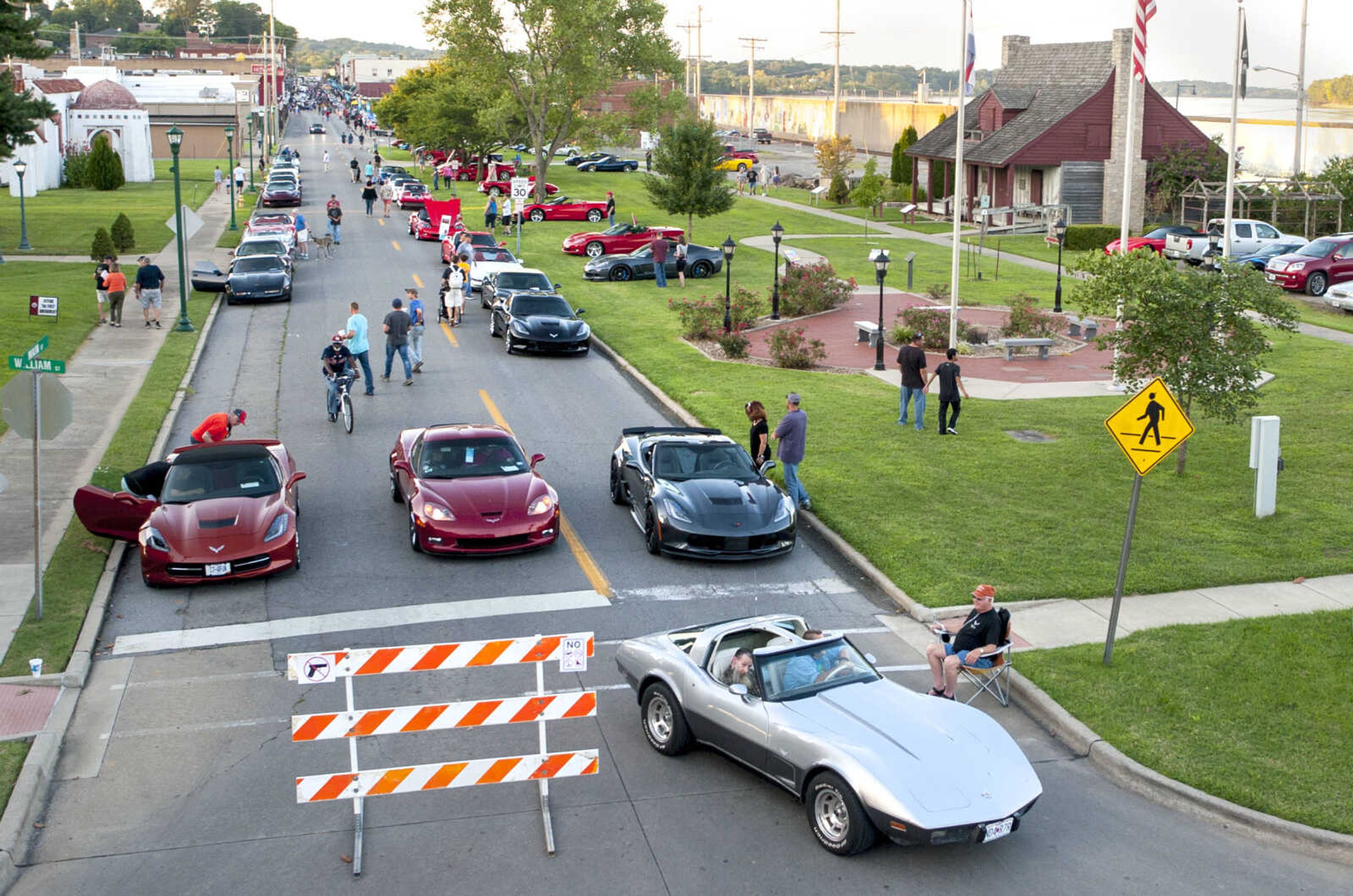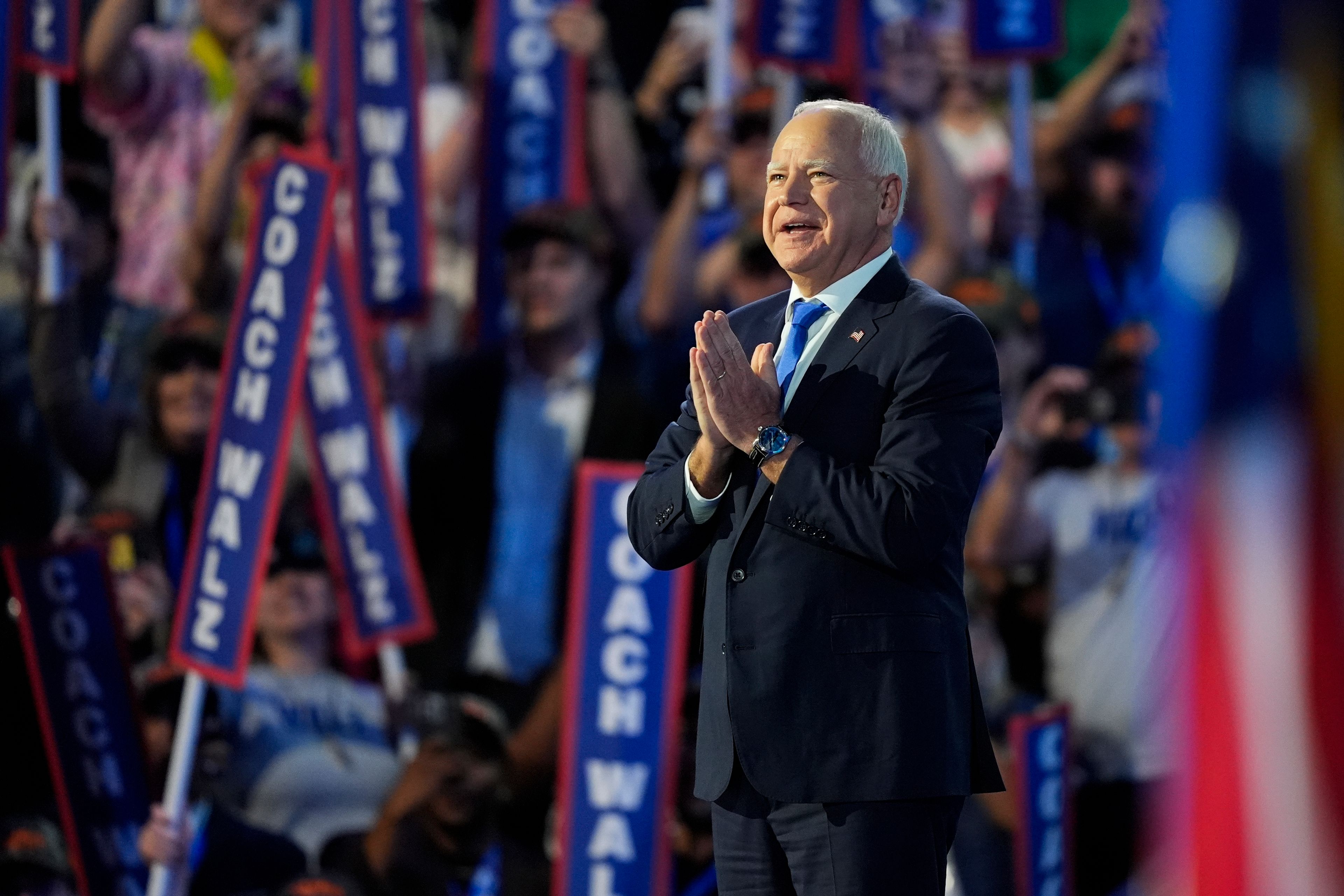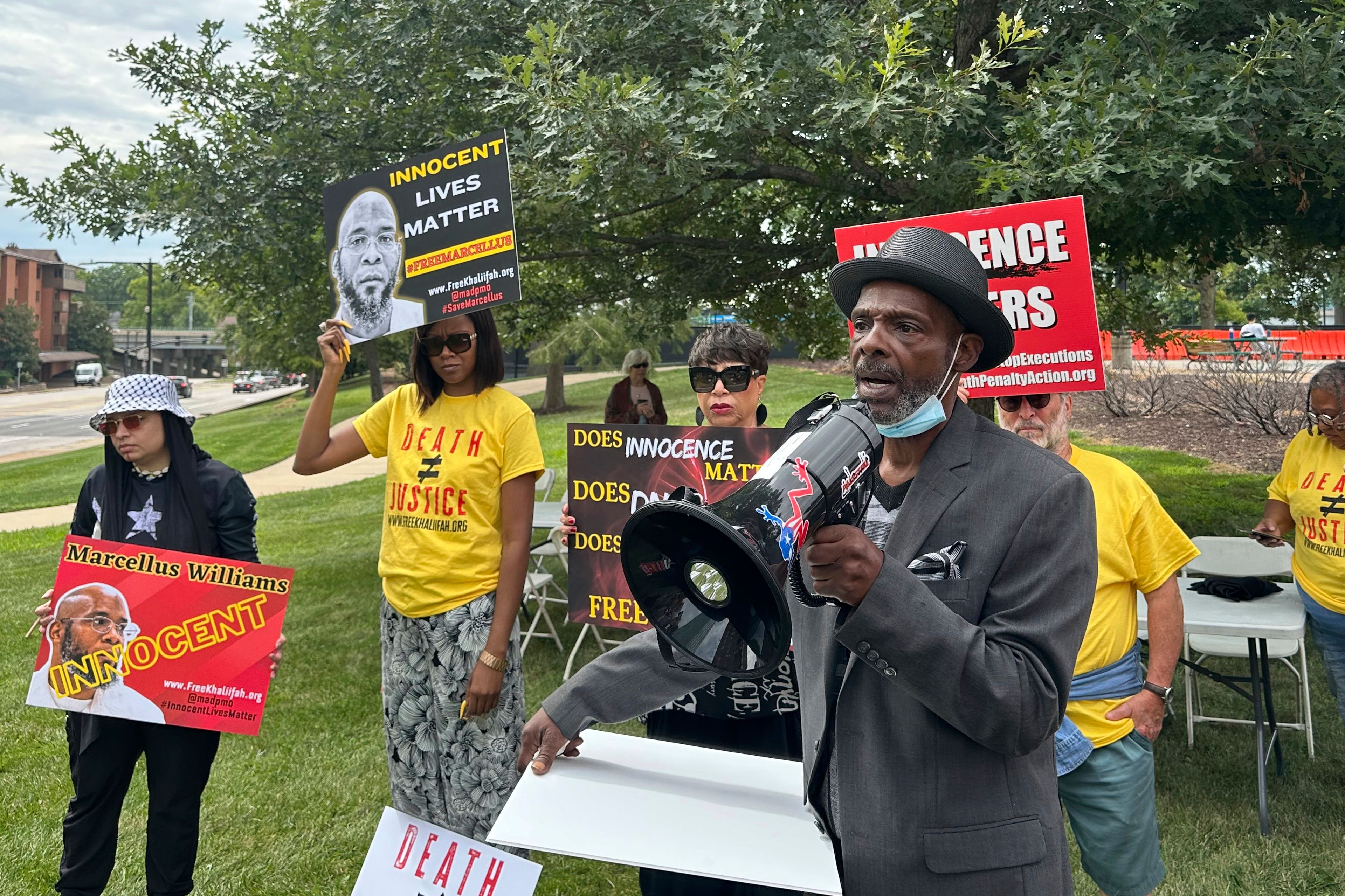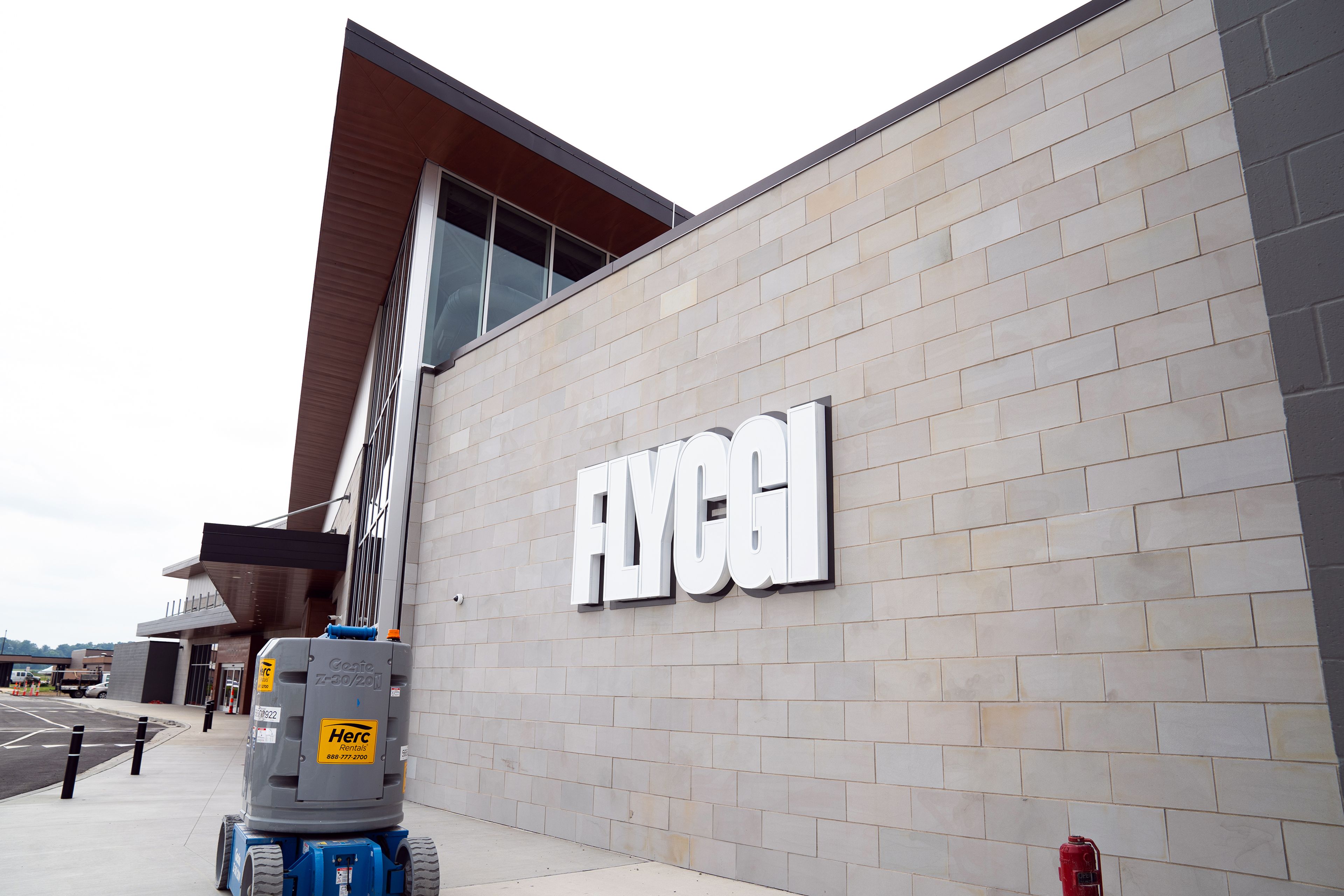~ Some want to forget, some need to remember the "date which will live in infamy."
On that bright Hawaiian morning 64 years ago today, Lester Bippus was a 20-year-old Navy seaman performing the most mundane of his military duties -- cleaning up breakfast dishes in the mess of the USS Tennessee.
Just as Bippus was finishing up, the Cape Girardeau native was shocked by the sound of general quarters, an emergency alarm that called all hands to their battle stations.
"I was a little bit scared," said Bippus in his now choppy 84-year-old voice. "We didn't know what was happening at first. Everybody was a little bit scared."
Bippus hurried topside to the deck of the Tennessee, which was among seven battleships that moored along Pearl Harbor's "Battleship Row," the American strategic shield in the Pacific.
His eyes widened and his jaw dropped at what he saw. Attackers, flying extremely low, zoomed overhead. Bippus, who had only been in the Navy for three months, could even see their faces.
"They were Japanese and they were flying over my head," Bippus said from his room at the Missouri Veterans Home in Cape Girardeau. "I could see them. They were getting down there right next to you. I was scared to death, I know that. We all were."
Soon, the battle began that would be remembered, as President Franklin Delano Roosevelt so famously put it, as a "date which will live in infamy."
Japanese submarines and carrier-based planes attacked the U.S. Pacific fleet at Pearl Harbor. Eight American battleships and 10 other naval vessels were sunk or badly damaged.
Almost 200 American aircraft were destroyed and approximately 3,000 naval and military personnel were killed or wounded. The attack marked the entrance of Japan and The United States into World War II.
Bippus, a widower who gets around with the help of a special chair, doesn't like recalling that day when his ship was bombed twice and a friend of his died, along with four others on his ship. He doesn't like to remember how he had to help load 110-pound bags of munitions powder into anti-aircraft weapons or looking out across the harbor and seeing smoking ships sink as fellow seamen jumped into the harbor.
"I don't ever think of it," he said firmly. "That was something in the past. It's over."
Bippus said he won't even think of it today, on the 64th anniversary of the attack that shocked an insular America into joining the reality of a global war.
Others will though. Flags at schools and government buildings will be flown at half-staff. American Legion Post 63 will be tossing a memorial wreath into the Mississippi River at 9 a.m. to commemorate the anniversary.
Others will take a moment to quietly reflect on those who gave their lives while serving their country. And still others will be taken back in time to that day, when they first learned that America was far from invulnerable.
Lillian Fiehler was a seventh-grader at Trinity Lutheran School in Altenburg on Dec. 7, 1941. Fiehler, now 76, remembers her teacher somberly coming into the classroom and writing a disturbing message on the blackboard:
"We have been attacked."
"I was young then," Fiehler said. "We all were. We really didn't know what it meant. We just knew it was a devastating thing the way the teacher explained it to us. Young people like us, we didn't think it could happen to us. Nobody really did."
Frank Nickell, director of the Center for Regional History at Southeast Missouri State University, also carries a special connection to the Pearl Harbor attacks. It's his birthday.
So today, as Nickell turns 70, he'll recall his sixth birthday in 1941, when he searched desperately through the house for his missing mother, who should have been cooking his special birthday dinner of fried chicken.
Instead, he found her alone in her bedroom, her head in her hands, crying softly.
Nickell, who had never seen his strong, farm-family mother cry before, knew later she was thinking of her four military-age sons.
"She was just really traumatized by it," Nickell said. "She saw it as her boys being called to war."
Which they were, though luckily none were killed.
So today, even as Lester Bippus tries to forget an event that he said immediately made him older, Nickell hopes that Americans will take a moment to remember.
"I think it would be good if they think about the sacrifice," Nickell said, choking back emotion. "There was a great amount of sacrifice and suffering. We should never forget."
smoyers@semissourian.com
335-6611, extension 137
